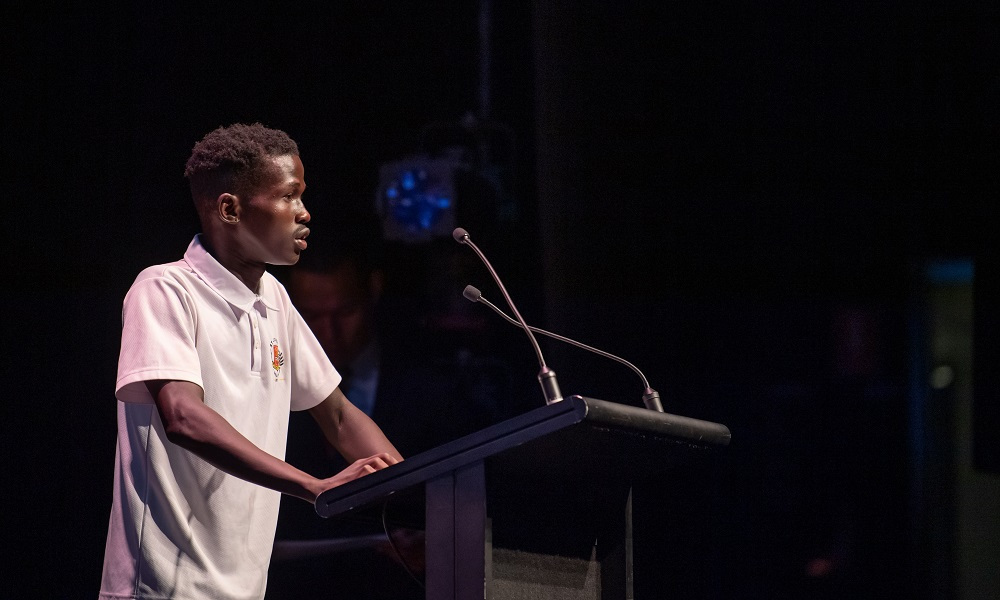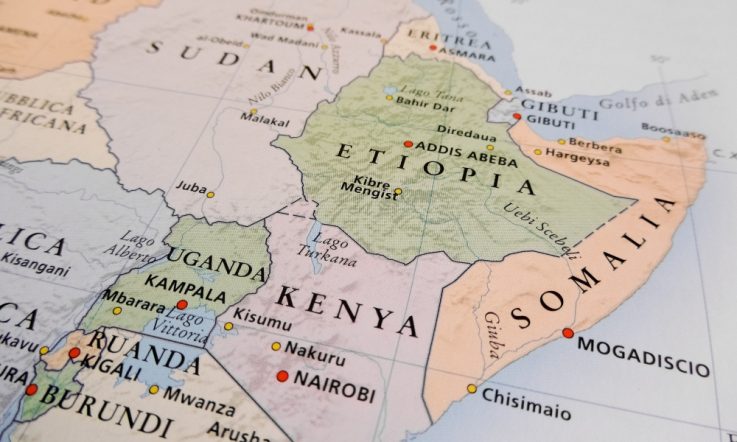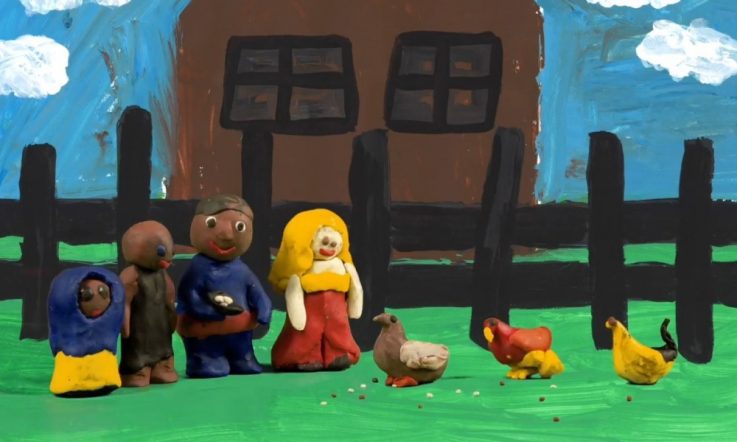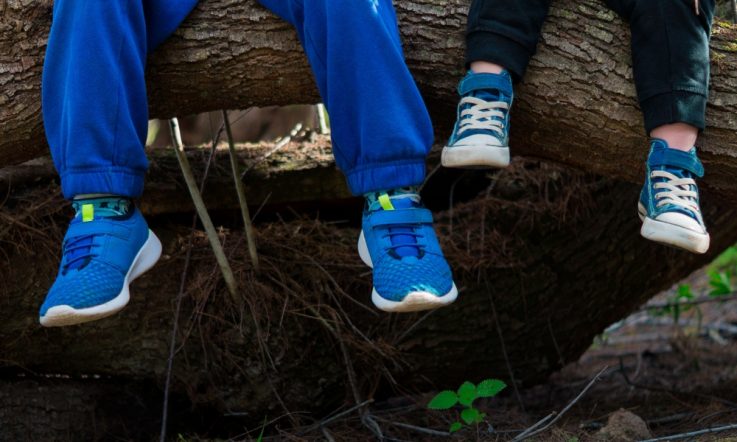A school located in the heart of Darwin in Australia's Northern Territory has partnered with a local refugee centre to support young people from a refugee or humanitarian program background transition to school in Australia.
To date, the program has supported 20 students – some of whom have fled from places like the Democratic Republic of Congo and South Sudan.
St John's Catholic College Principal, Cameron Hughes, says the college has a focus on Catholic identity, quality teaching and learning, and pastoral care.
‘The goal of the partnership between Melaleuca [Refugee Centre] and St John's is to support and connect young people to education, and as a Catholic college we see this partnership as a big part of our mission,' he says.
Hughes has taught at St John's since 2004. In 2018 he was appointed Acting Principal and has since been appointed to the ongoing position.
In his first week as Acting Principal, Hughes visited Melaleuca Refugee Centre to introduce himself and the college to the Melaleuca staff.
‘A few weeks later, a Melaleuca case manager contacted me as they were having trouble placing some recently arrived students in a school. The students enrolled at St John's and from here the partnership grew,' he says. ‘Before this, the school was well placed to support students from a refugee or humanitarian program background, however, had not explicitly cultivated a relationship with the refugee centre.'
St John's has an enrolment of around 200 students, 50 per cent of whom come from Darwin suburbs, 30 per cent from remote Indigenous communities, and roughly 20 per cent who come from international locations.
In addition, 40 per cent of students identify as Indigenous and over 60 per cent come from a Language Background Other Than English (LBOTE). Over 10 per cent of students come from a refugee or humanitarian program background.
Features of the partnership
Hughes says the school has various programs and structures in place to support refugee students. This includes a clinic staffed by a registered nurse, and a vertical pastoral care program to create a ‘Culture of Welcome, Where Everyone Belongs'. The school has also employed two staff members from a refugee background to support students and assist with translation and transitioning into a mainstream Australian school.
‘The college had an existing Intensive English Unit that catered for international students only,' Hughes says. ‘The college repositioned this unit to cater for both international students and new arrival students, including refugee students. The college also provides access to education and supports families with tuition, uniforms and books.'
In addition, Melaleuca provides ongoing expert pastoral care and services for students and their families, including access to counselling, induction programs, and creating and strengthening networks.
CEO of Melaleuca Refugee Centre, Kwame Selormey also joined the St John's Catholic College Advisory Board to further support the college and provide representation of refugee families.
Supporting students to succeed
To date, the program has supported the transition of 20 students and continues to grow. ‘It is hoped that over the next few years the program will continue to grow to support over 50 students,' Hughes says.
The students from this program have achieved great success, and have taken on leadership positions in the school, Hughes says. The 2019 college captain and the 2020 captain and vice-captain have all been through the program.
‘Students are tracking very well through the academic programs on offer at the college, with senior students working towards the Northern Territory Certificate of Education and Training (NTCET),' he says.
Hughes adds there is a high level of integration of refugee students and their families into the school community – through academic, sports, cultural and religious programs.
He shares the story of two students in particular, Chol and Wal Akol Jok, who fled South Sudan with their family and found themselves migrating to Darwin in 2018 as part of the Australian Government's Refugee and Humanitarian program.
For the brothers, the support from the Melaleuca Refugee Centre and St John's has been vital in making the transition to life in Darwin a success. Since commencing at the college in 2018, they have completed the intensive English program and are now in Year 12 working towards the NTCET.
‘We are very proud of Chol, Wal and all the students who have joined the college as part of the partnership. We as a community have been enriched by the contributions of the students and their families,' Hughes says.
Evaluating the impact
Hughes says the school leadership team evaluates the impact of the partnership in several ways, including through monitoring student enrolments, student attendance and academic progress.
‘The refugee students contribute a significant amount to the college. All students are highly engaged in their learning and the co-curricular programs. Students are excellent role models – valuing education, excellent attendance, behaviour and work ethic.'
In 2020, Hughes has plans for the partnership to grow further and hopes to engage more parents and families. He also plans to apply for grant funding or further support to develop and enhance the program.
As a principal, what are the needs of students in your own school? How could you develop external partnerships to support these needs?
Do you already partner with organisations within your community to support students and families? From your experience, what are some things to keep in mind when establishing these partnerships?
Think about your own classroom: in what ways do you go about understanding more about your students’ cultural backgrounds?



